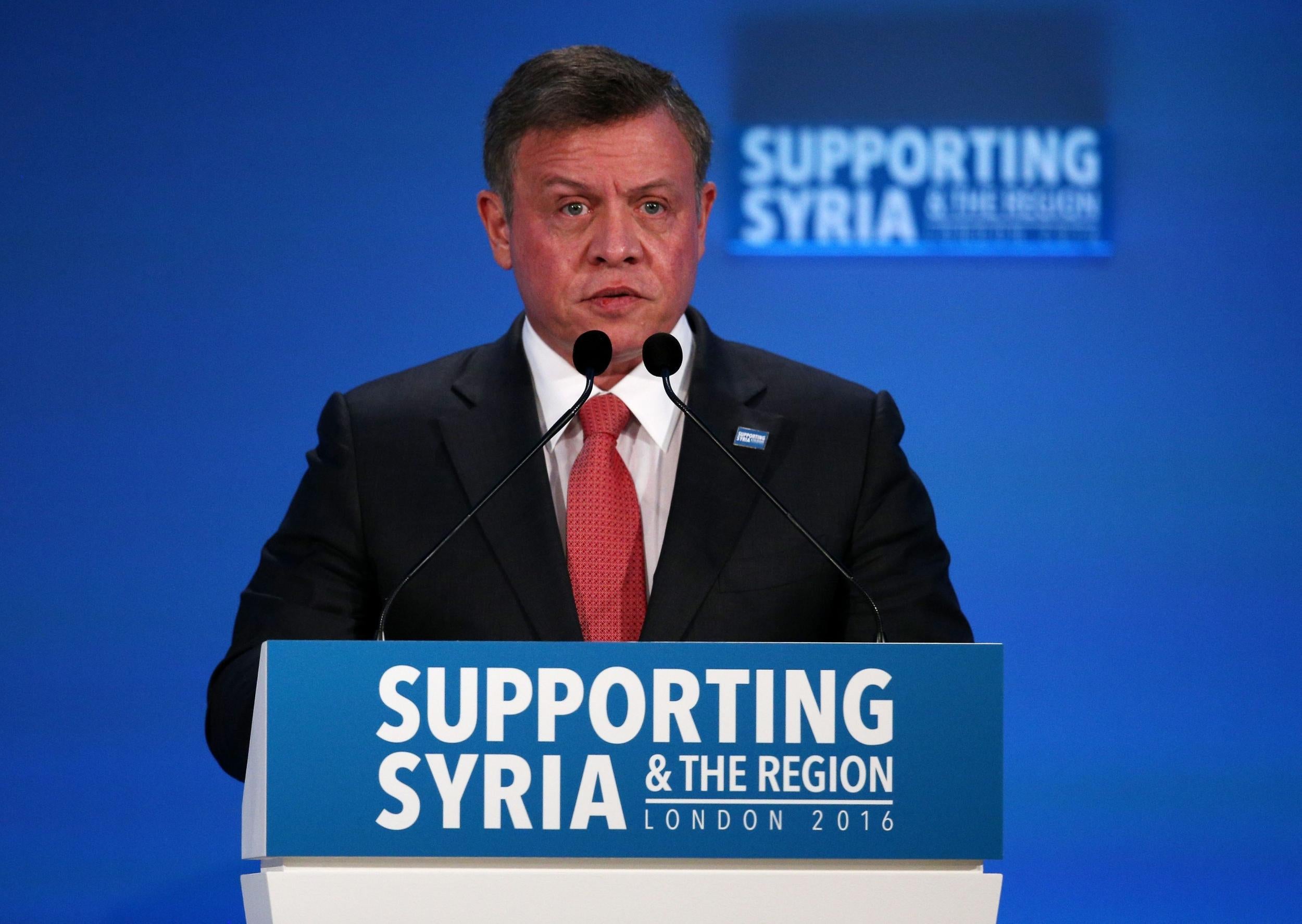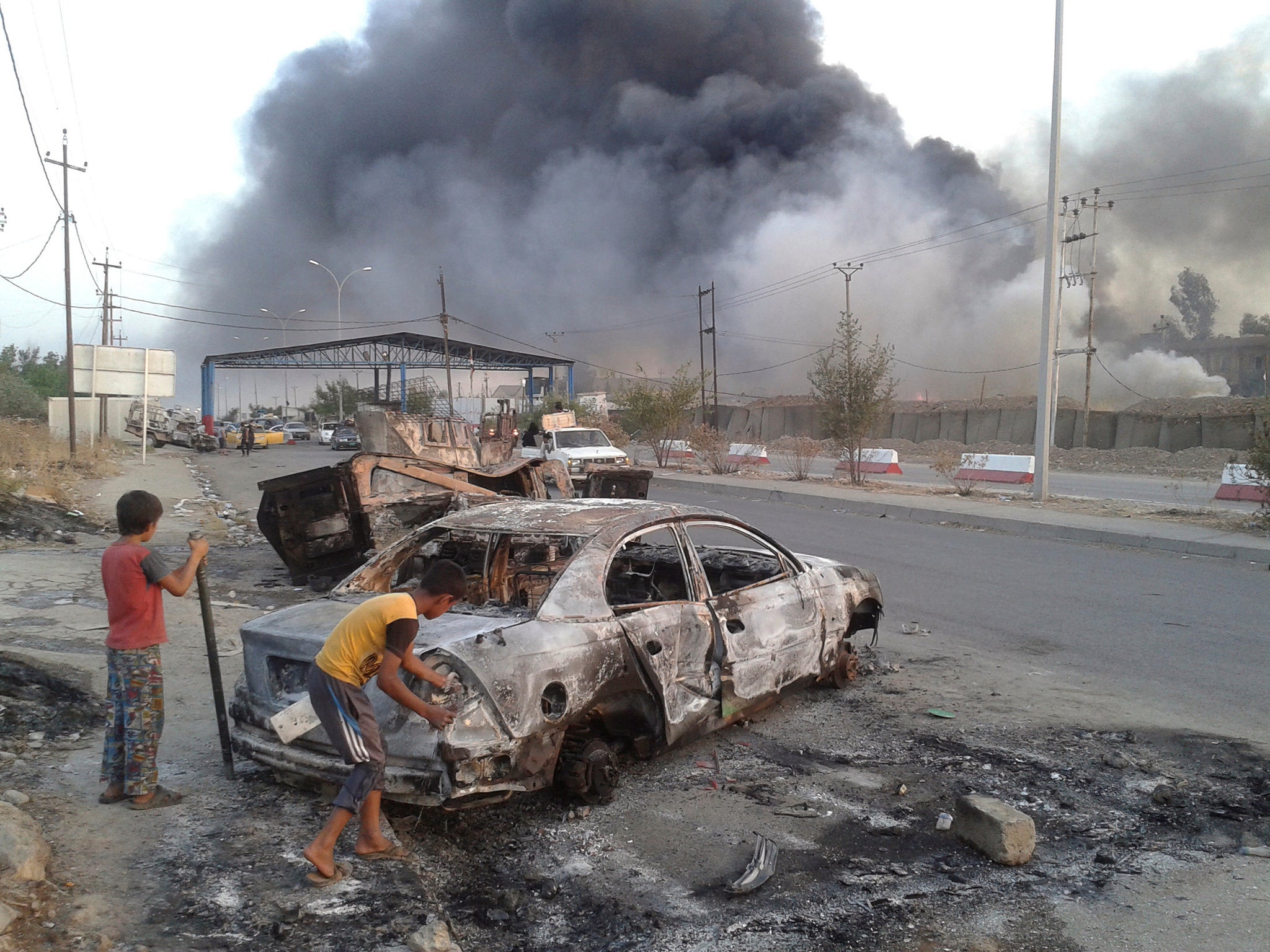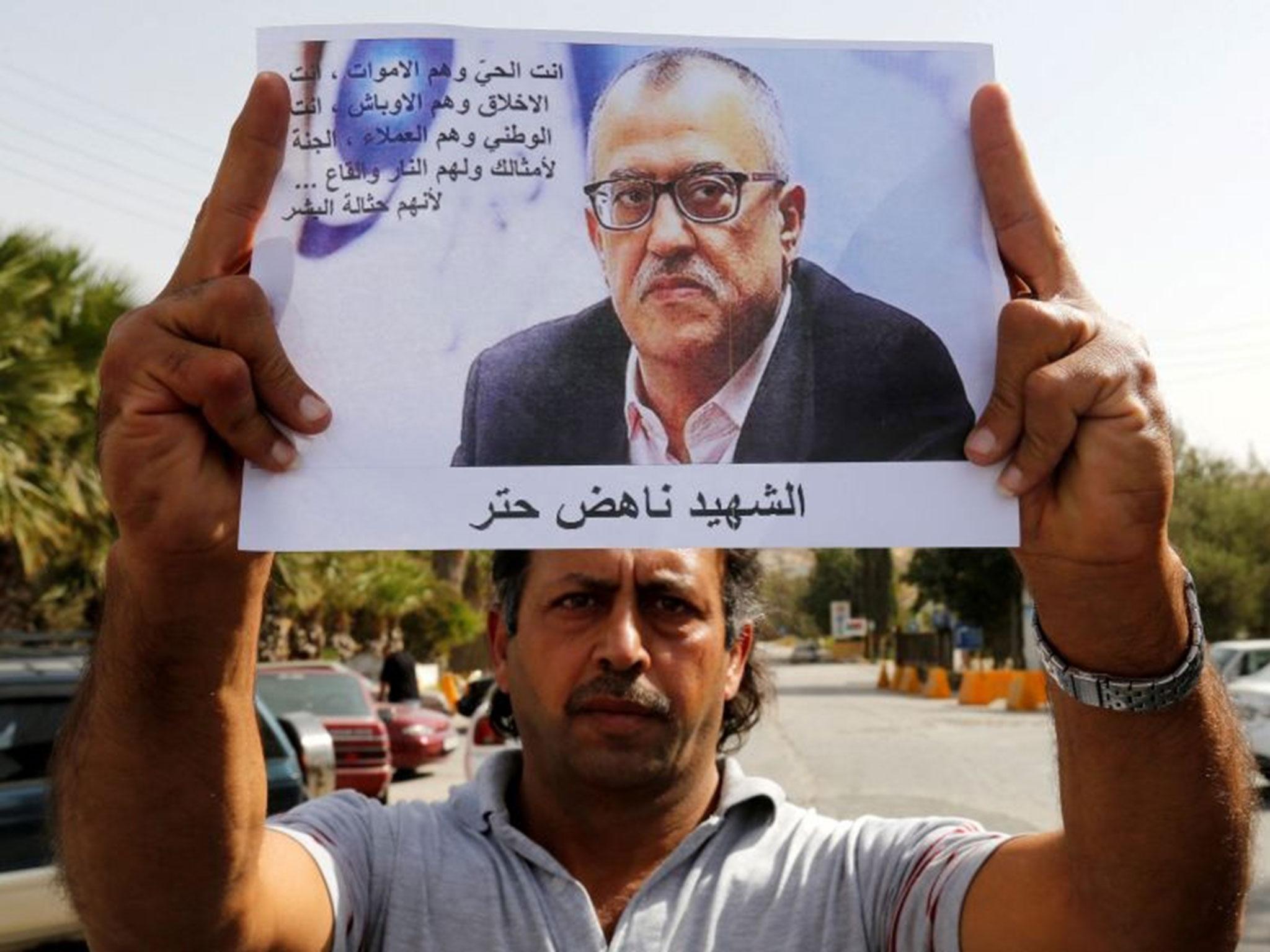Jordan’s King Abdullah: US ‘thinks it knows the Middle East better than we do ourselves’
Western officials and policy makers often fail to understand both the region and Islam, hindering the global fight against terror, King Abdullah II says

That the US thinks it understands the Middle East better than people in the region is one of the major problems in Western policy on fighting terrorism, the King of Jordan has said.
Speaking in an interview with CBS' 60 Minutes in Amman, King Abdullah the Second Bin Al Hussein said the world needs to adopt a “global perspective” in combating extremism in both the Middle East and Africa.
“The ethnic makeup of the region is pretty glaringly obvious for us that live in the region, that advisers and think tanks in the West seem to know us better than we supposedly know ourselves,” he said, adding that the inability to see the bigger geopolitical picture hindered the fight against groups such as Isis.
“I think the problem with the West is they see a border between Syria and Iraq. Daesh [Isis] does not - and this has been a frustration, I think, for a few of us in this area with our Western coalition partners, for several years. You know, the lawyers get into the act and say, 'But there's an international border.' And we say, 'For God's sake, Isis doesn't work that way,'” he said.
“So if you're looking at it and want to play the game by your rules, knowing that the enemy doesn't, we're not going to win this.”
Isis, under attack from multiple sides in its territory in Syria and Iraq, is still strong in Libya, where the king predicted will eventually be where the front line of attack against the group move.

“And so are we going to wait to get our act together to concentrate on Libya? And then, you know, do we wait a year or two to start helping the Africans deal with Boko Haram or al Shabaab?” he asked. “We've got to get ahead of the curve because they're reacting much quicker than we are.”
“We're in for the long haul, not only in Syria and Iraq, but for the whole region and for the world, unfortunately,” he continued.
Jordan, where the transnational Islamist movement, the Muslim Brotherhood, made significant gains in last week’s parliamentary elections, has largely escaped the violence that has engulfed neighbouring Iraq and Syria.
However, the political shift towards the Islamist party and a string of religiously-motivated attacks in recent months have caused fears that extremism is growing in the country.

On Sunday, prominent atheist writer Nahed Hattar was gunned down in Amman for sharing a cartoon which depicted the image of God - forbidden in mainstream Islam - and ridiculed Isis terrorists.
The shooter was identified by Jordanian media as a local imam who had just returned from a trip to Syria.
Speaking at the United Nations General Assembly last week, King Abdullah denounced the actions of extremist groups who carry out atrocities in the name of Islam.
He also criticised Western “officials, think tanks, media leaders, and policy makers” for misunderstanding the “true nature of Islam,” and that extremists exist as “outlaws of Islam” rather than on the fringes of the religion.
Join our commenting forum
Join thought-provoking conversations, follow other Independent readers and see their replies
Comments
Bookmark popover
Removed from bookmarks